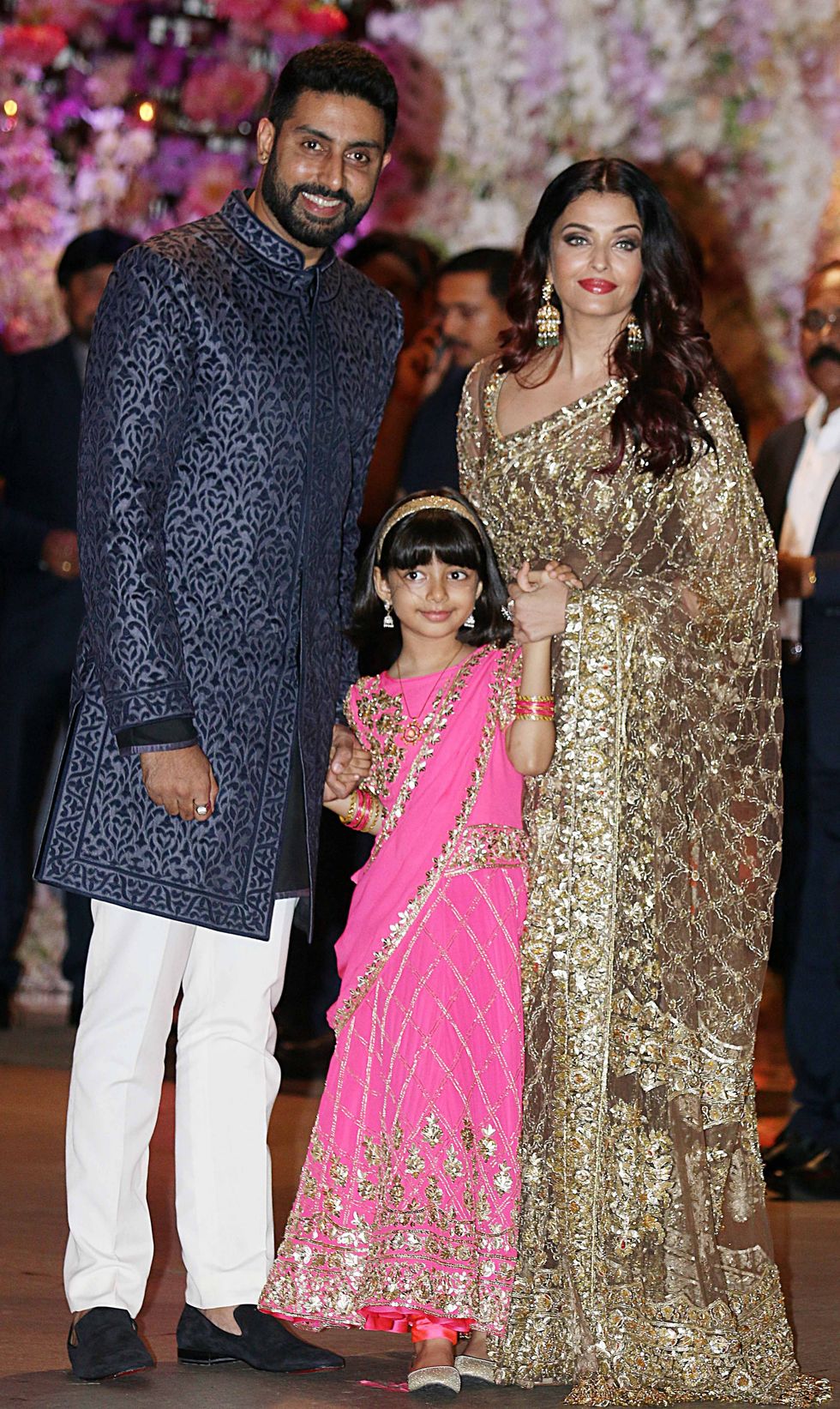A new research has found how class and ethnic disparities are rife in English cricket. This comes after when Yorkshire's racism scandal has rocked the sport.
It said privately educated British players are 34 times more likely to become professional cricketers than state-educated British south Asians.
The research, done by Tom Brown of Birmingham City University, found that white British players are three times more likely to become professional cricketers than compared with British south Asians, regardless of schooling.
The report highlights how both class and ethnic disparities are major determining factors in progression from the ECB's talent development to the professional game.
After Azeem Rafiq's racism allegations followed by his testimony before a parliamentary select committee last week - English cricket has been in a turmoil since then. The allegations levelled by Rafiq, a former Yorkshire cricketer included him being repeatedly called a "paki".
In another paper published by Brown, earlier this week, found that the disparity in progression into the professional game for the white and Asian players cannot be explained in terms of performance.
“Results indicate that current talent pathways are failing to provide an environment that can maximise the potential of its players from minority backgrounds,” Brown was quoted as saying. “As most selection decisions in pathway cricket rely on the subjective views of coaches, a lack of understanding around cultural norms leaves the system prone to biases.”
Brown, who is a performance cricket coach at Warwickshire CCC, as well as an academic, added: “We have to be prepared to adapt our current structures and realise that harnessing talent from players of minority backgrounds will enhance the standard and appeal of cricket in this country.”
Laura Cordingley, chief executive of national cricket charity Chance to Shine, was quoted as saying: “Over the years we’ve seen incredible examples of how our programmes can positively impact young lives, including those from minority ethnic backgrounds; to think that many people may now feel that the sport we love does not welcome them is quite frankly devastating.”
Sajid Patel, co-founder of the National Cricket League (NCL), said he had been involved as an “activist” in cricket since 1998. “This isn’t just about Azeem Rafiq,” said Patel. “He has spoken up and brought these issues to the surface, but I have been hearing reports of racism against Asian players for decades. How can you expect people to perform when the environment is toxic or they’re subject to racist abuse?”
The NCL launched in Waltham Forest, north-east London, in 2012. Patel says around 95 per cent of the league’s 1,200 players are British South Asian.
“Organisations like ours are mostly self-funded and we’re outside the network of established traditional cricket clubs,” Patel said. “In east London, 60 to 65 per cent of cricket is played by the South Asian community, but too many talented youngsters never get an opportunity. There is a blockage in the pathway.”






 Aaradhya Bachchan has no access to social media or a personal phoneGetty Images
Aaradhya Bachchan has no access to social media or a personal phoneGetty Images  Abhishek Bachchan calls Aishwarya a devoted mother and partnerGetty Images
Abhishek Bachchan calls Aishwarya a devoted mother and partnerGetty Images Aaradhya is now taller than Aishwarya says Abhishek in candid interviewGetty Images
Aaradhya is now taller than Aishwarya says Abhishek in candid interviewGetty Images Aishwarya Rai often seen with daughter Aaradhya at public eventsGetty Images
Aishwarya Rai often seen with daughter Aaradhya at public eventsGetty Images









 Lootera released in 2013 and marked a stylistic shift for Ranveer Singh Prime Video
Lootera released in 2013 and marked a stylistic shift for Ranveer Singh Prime Video  Ranveer Singh’s role as Varun showed he could command the screen without saying much
Ranveer Singh’s role as Varun showed he could command the screen without saying much The period romance Lootera became a turning point in Ranveer Singh’s career
The period romance Lootera became a turning point in Ranveer Singh’s career Ranveer Singh’s performance in Lootera was praised for its emotional restraint
Ranveer Singh’s performance in Lootera was praised for its emotional restraint Ranveer Singh and Sonakshi Sinha starred in the romantic drama set in 1950s BengalYoutube/Altt Balaji Motion Pictures
Ranveer Singh and Sonakshi Sinha starred in the romantic drama set in 1950s BengalYoutube/Altt Balaji Motion Pictures  Lootera’s legacy has grown over the years despite its modest box office runYoutube/Altt Balaji Motion Pictures
Lootera’s legacy has grown over the years despite its modest box office runYoutube/Altt Balaji Motion Pictures
